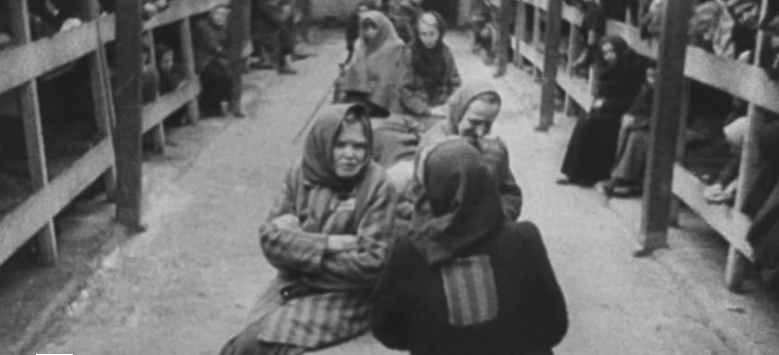Opinions
“STOP FILMING ME” – Some thoughts on the ethics of documentary filmmaking
A recent headline in the New York Times screamed about victims of ISIS being re-traumatized in the MTV Documentary Films award-winning Sabaya. The article raised a question that confronts documentary filmmakers regularly: how to tell a compelling story while navigating the needs and psyche of those whose story one is telling. In this case a very fragile demographic, women and girls who have been victims of kidnpping, slavery and repeated sexual violence at the hands of ISIS fighers.
Over the last 15 years I have interviewed and filmed many traumatized victims of crimes agianst humanity, including Yazidi survivors of sex slavery at the hands of ISIS. I have filmed people while they morphed into dissociative states. It is very challenging to navigate this process ethically and humanely. One way we do this at 3 Generations is to work with support organizations who know the interviewee and can refer them for psychological help should they need it.
This is also partially a legal matter. What is informed consent? What is implied consent? Both legal in the USA. Has the filmmaker taken the time to get releases and Errors & Omissions insurance? There is a compelling argument that important and lauded documentary filmmaking has long used implied consent: German Concentration Camps Factual Survey being a prime example. Those brilliant young army camerman, present at the liberation of the Nazi concentration camps, hardly ran around collecting releases from survivors of the camps. A person with a camera focused on you assumes you know you are being filmed and consent unless you declare otherwise.
Another blurry area is when someone changes their mind: I wanted to talk about my experience then, but now my circumstances have changed and I wish I hadn’t. It happens, especially when people have children. (In the past I have reminded self-doubters that their testimony has helped many others in similar situations and is something to be proud of and not ashamed of).
But most fascinating to me about the above article and Sabaya was a comment a brilliant and very talented filmmaker friend made, “Suggesting the Yazidi women couldn’t have understood what was going on (during filming), I found both sexist and colonist”. That seems on point to me.
It is complicated and, at the end of the day, both the subjects of a film and the public have to decide if they trust the filmmaker and consider them ethical. I would like to think we achieve both at 3 Generations. At least that is what we aim for.



